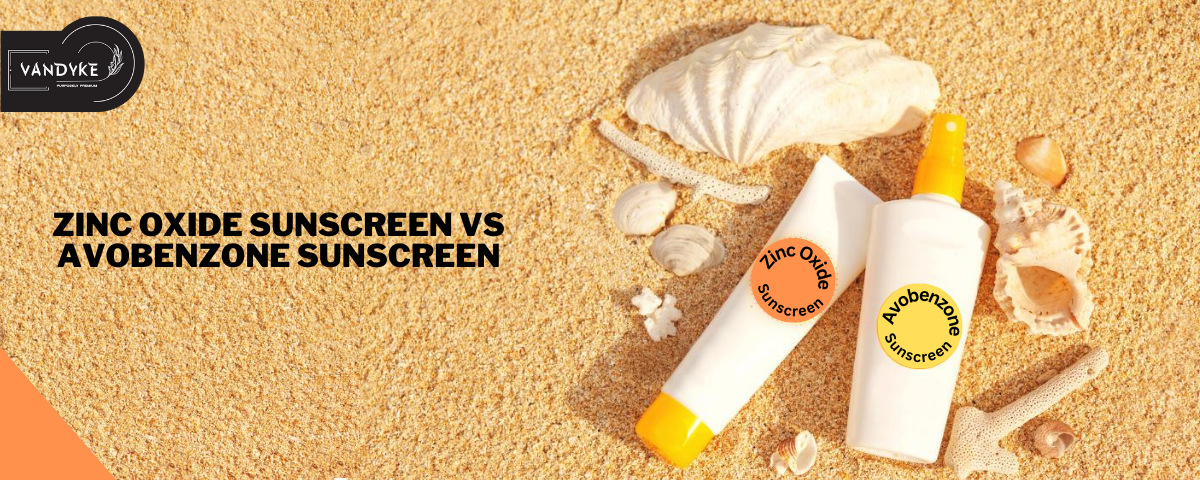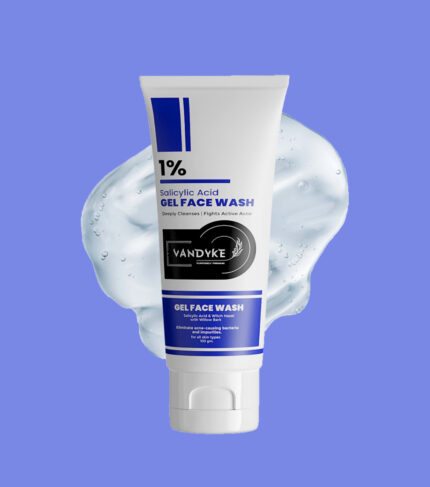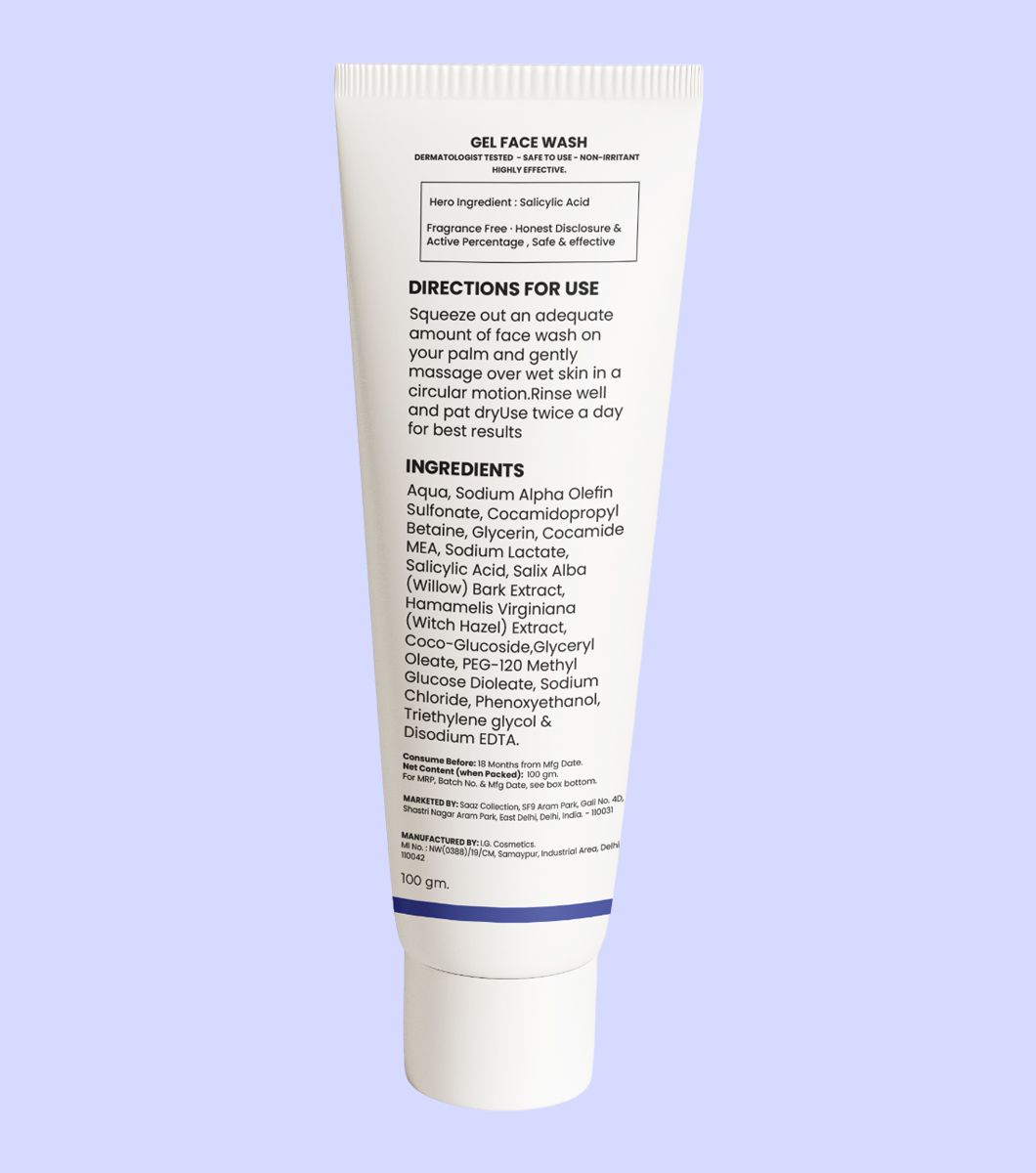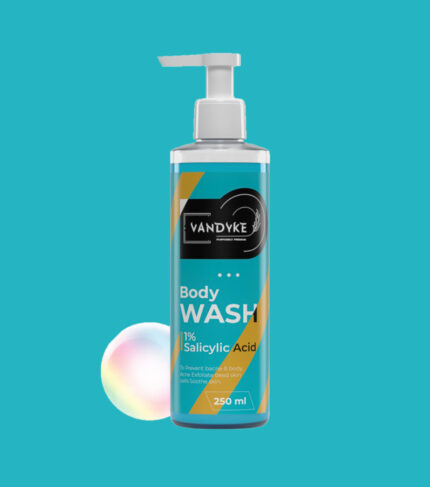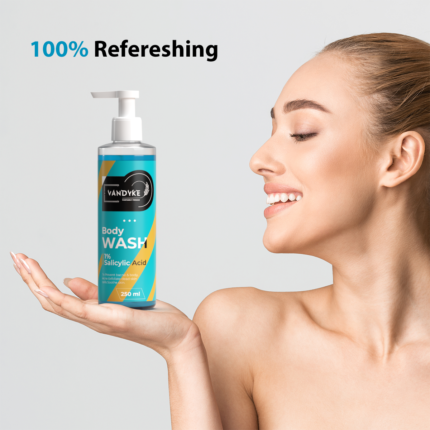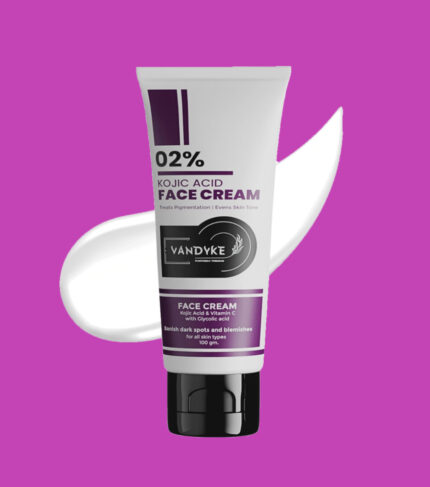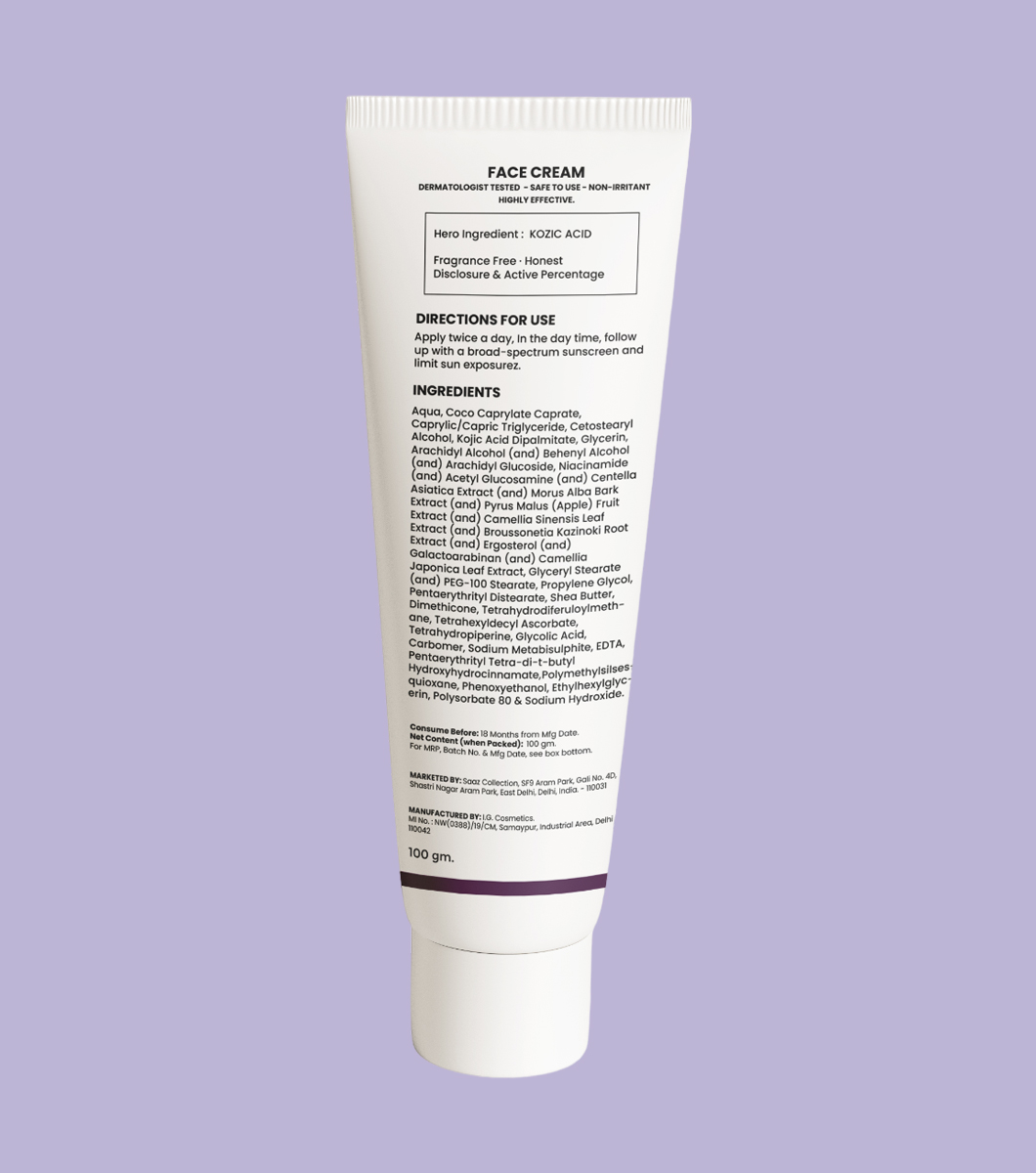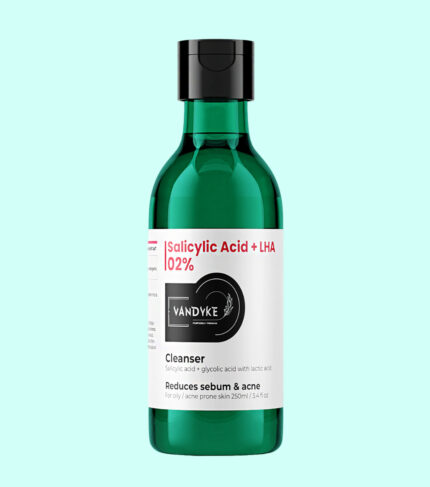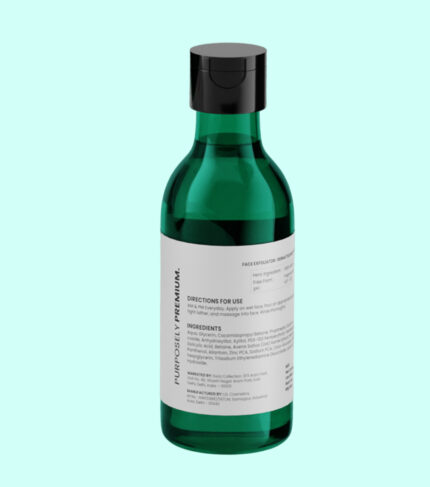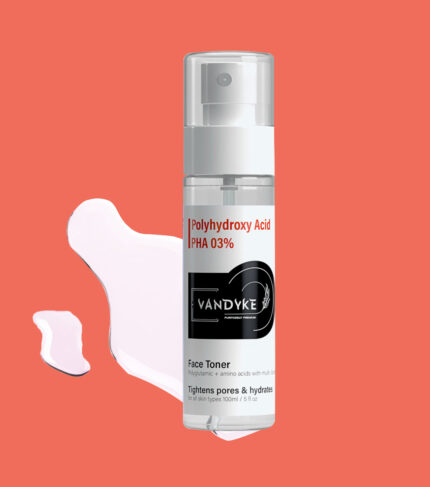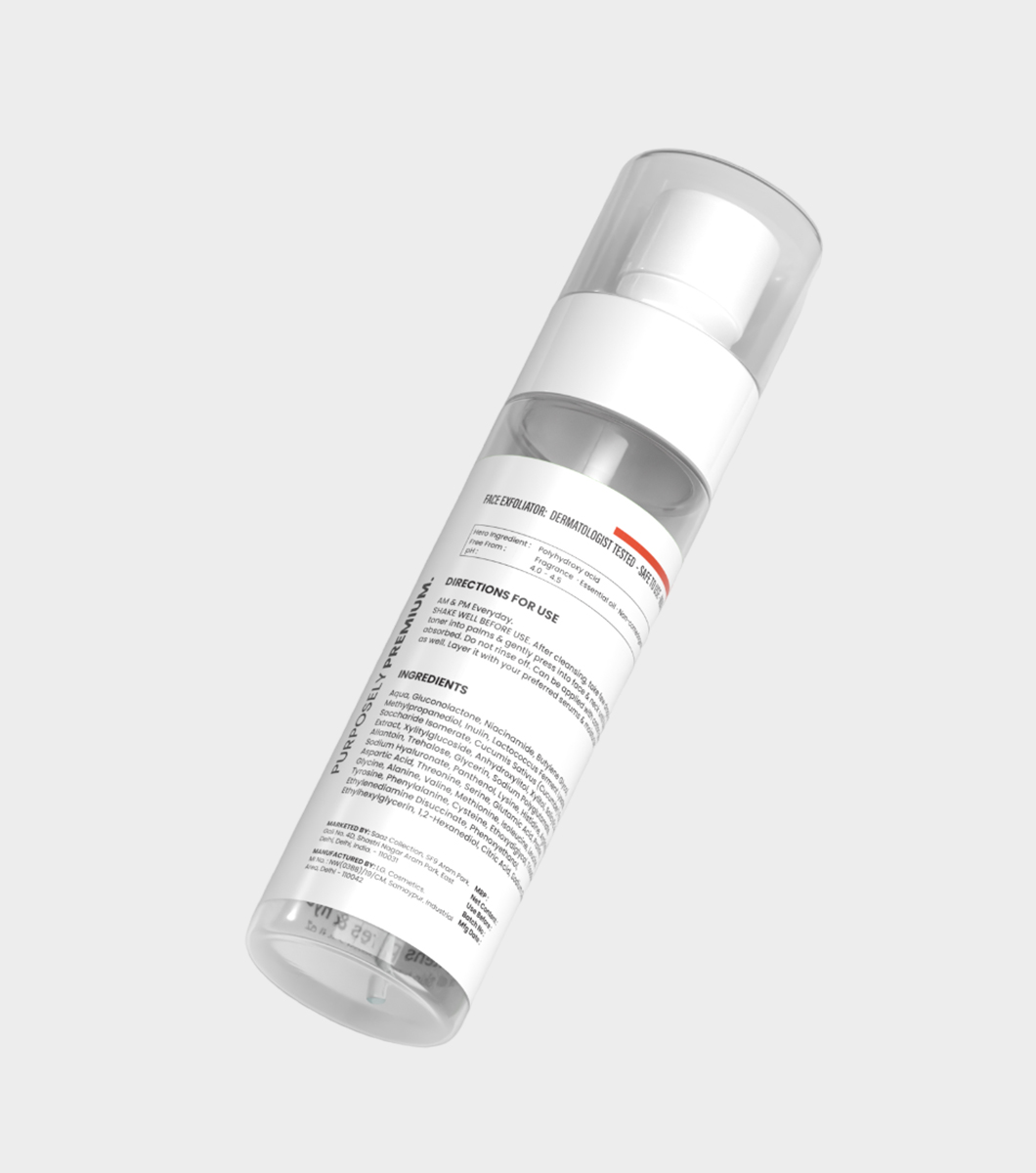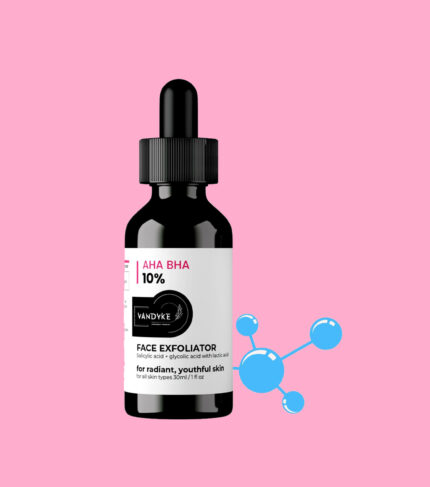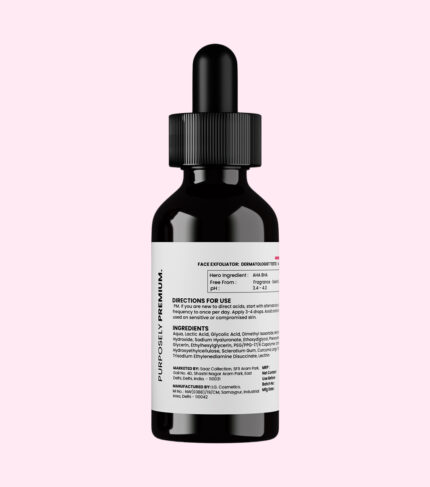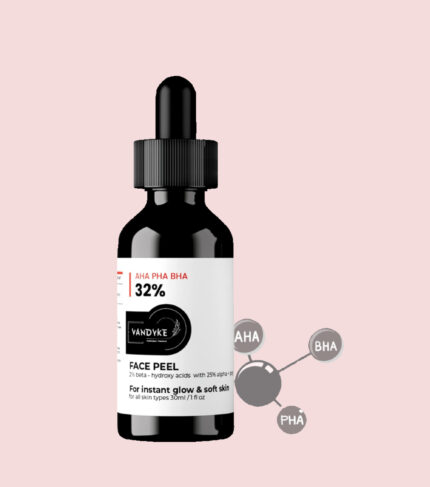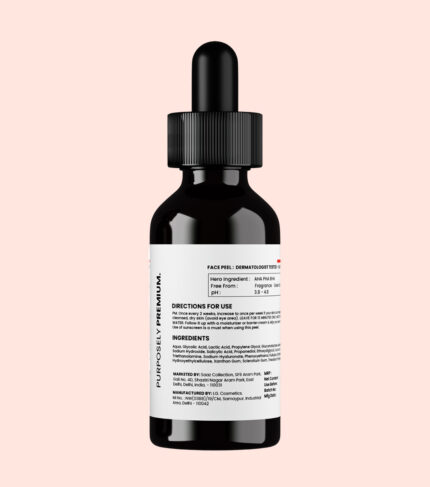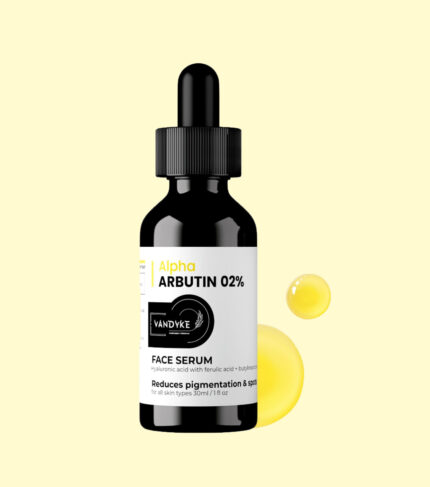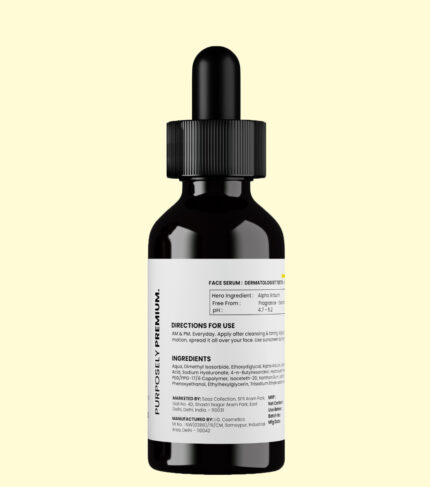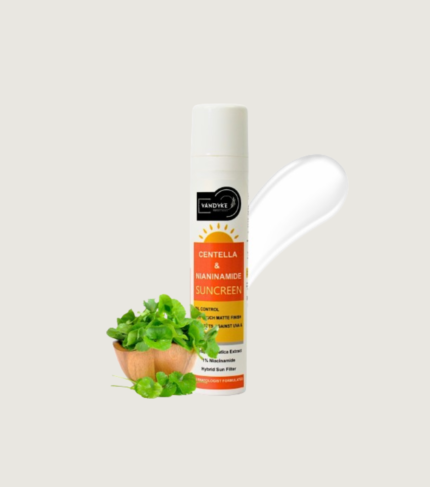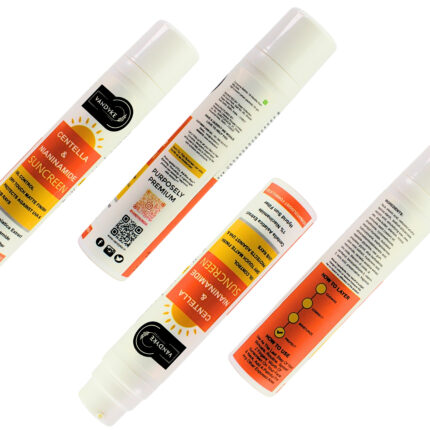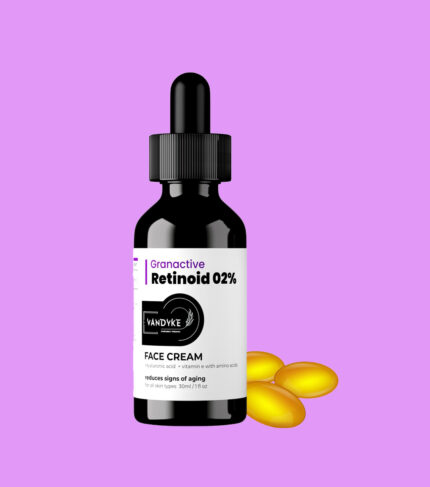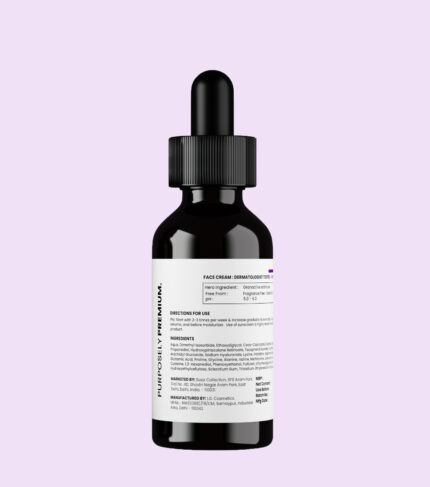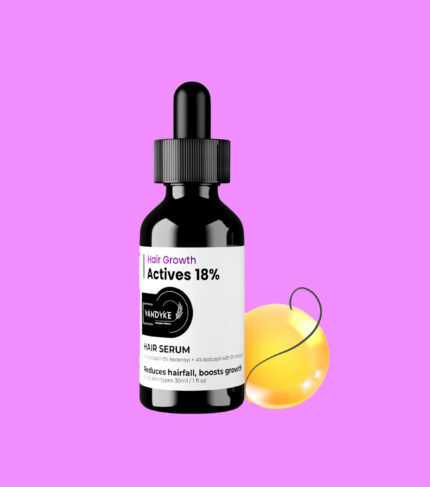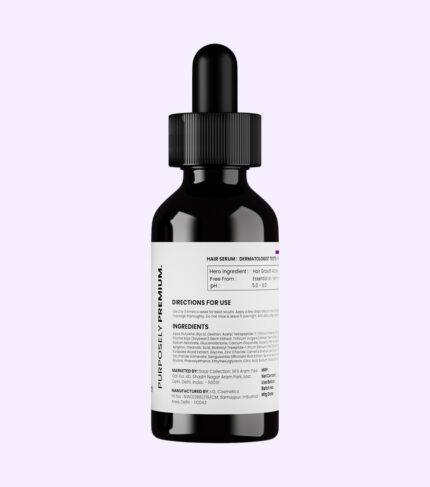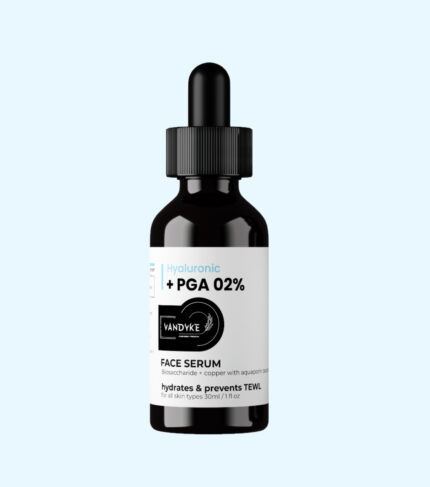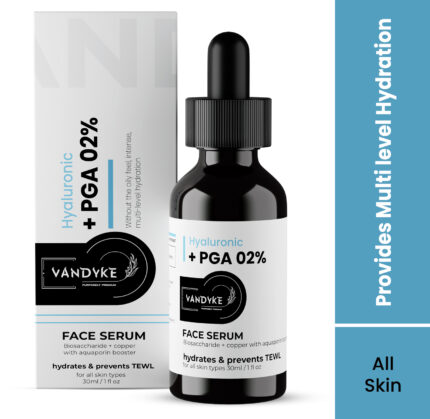Zinc Oxide Sunscreen vs Avobenzone Sunscreen Which One is Better?
Selecting the appropriate sunscreen is crucial for protecting your skin from the sun’s damaging ultraviolet (UV) radiation. Avobenzone and zinc oxide are two prevalent chemicals that stick out in the wide array of sunscreen solutions. So which is best for your requirements in terms of sun protection? Vandyke will examine the distinctions between these two sunscreen chemicals in this article to assist you in making an educated decision.
Before we dive into the comparison, let’s get acquainted with these sunscreen ingredients:
What is Zinc Oxide?
One mineral used in sunscreens, zinc oxide serves as a physical shield against the sun’s damaging ultraviolet (UV) radiation. Zinc oxide acts as a reflecting barrier on the skin’s surface, dispersing and absorbing UVA and UVB rays, in contrast to chemical sunscreens that absorb UV radiation. This feature makes it a great option for anyone looking for all-around sun protection because it protects against sunburn from UVB rays and premature aging from UVA rays. Because of its well-known ability to soothe skin, zinc oxide is highly recommended for those with sensitive skin or those who are prone to skin irritation. While earlier zinc oxide sunscreen formulations were known to create a white cast on the skin, this problem has mostly been resolved in more recent formulations, providing consumers with more transparent and aesthetically acceptable alternatives.
- Physical Sunscreen
One mineral included in sunscreens that serves as a physical shield against UV radiation is zinc oxide. It scatters, absorbs, and reflects UV rays while it rests on the skin’s surface.
- Broad-Spectrum Protection
Zinc oxide is known for its broad-spectrum protection properties, which safeguard your skin from UVA and UVB radiation. UVB rays produce sunburn, but UVA rays can hasten the aging process.
- Non-Irritating
Non-Irritating Zinc Oxide is a recommended option for people who are prone to irritation since it is frequently well-tolerated by those with sensitive skin.
What is Avobenzone?
Avobenzone is a chemical sunscreen component as opposed to zinc oxide. It protects the skin from UVA rays, which are mostly associated with early aging, by absorbing UV energy and turning it into heat. Avobenzone is frequently used with additional UV-blocking components like octocrylene and octisalate for all-encompassing sun protection that includes UVB ray resistance. Avobenzone is a recommended option for daily sunscreen usage because to its transparent and lightweight formulation. It disappears into the skin without leaving any trace. But avobenzone is known to be less photostable than zinc oxide, which implies that it might break down more quickly in the sun and eventually lose its potency.
- Chemical Sunscreen
Conversely, avobenzone is a chemical component found in sunscreens. It functions by taking in UV light and turning it into safe heat.
- Primarily UVA Protection
The main defense against UVA radiation, which are linked to early aging, is provided by avobenzone. It is frequently used in conjunction with other UVB-blocking substances for complete protection.
- Lightweight and Transparent
The application of avobenzone is renowned for being thin and clear. It’s a favorite option for everyday application of sunscreen since it blends well into the skin.
Comparing Zinc Oxide and Avobenzone
Let’s now compare these two sunscreen components to see how they compare:
Protection Spectrum
- Zinc Oxide
With its broad-spectrum protection, this mineral sunscreen shields your skin from UVA and UVB radiation. It provides all-around protection, making it a one-stop shop for all your sun protection requirements.
- Avobenzone
Avobenzone protects against premature aging by mainly targeting UVA radiation. It is frequently combined with other UVB-blocking substances like octocrylene and octisalate for full-spectrum protection.
Photostability
- Zinc Oxide
Because zinc oxide is photostable, it keeps working in the presence of sunshine. It consistently blocks out the sun’s rays without losing its protective qualities.
- Avobenzone
It is well known that avobenzone is less photostable than zinc oxide. When exposed to sunlight, it can deteriorate more quickly, which might eventually decrease its efficacy.
Skin Sensitivity
- Zinc Oxide
Zinc oxide is a great option for people with sensitive or easily irritated skin because it doesn’t cause any irritation. For those with skin disorders like rosacea or eczema, it is frequently advised.
- Avobenzone
While avobenzone-containing sunscreens are generally thought to be safe, some people with sensitive skin may experience moderate discomfort from them.
Cosmetic Appeal
- Zinc Oxide
Some users may find zinc oxide sunscreens to be unappealing due to the white cast they occasionally leave on their skin. Nonetheless, a number of contemporary formulations have addressed this problem and provided more explicit choices.
- Avobenzone
Sunscreens with avobenzone are often transparent and thin, which makes them a popular choice for everyday usage. They disappear into the skin with ease and leave no trace.
Zinc Oxide vs Avobenzone Which Sunscreen Ingredient is safer?
Numerous factors play a role in the safety debate over zinc oxide vs avobenzone in sunscreen. Because zinc oxide doesn’t irritate skin, it’s typically seen to be safer, especially for people with sensitive or easily irritated skin. It creates a physical barrier that covers the skin’s surface, potentially lowering the possibility of negative responses. While most people consider avobenzone to be harmless, some people with sensitive skin may suffer moderate discomfort.
Avobenzone’s photostability, however, is one of the bigger issues with it. Its ability to deteriorate in the presence of sunlight may reduce its usefulness as a barrier. Zinc oxide, on the other hand, is well renowned for its photostability, which guarantees dependable and constant sun protection. Additionally, there have been concerns expressed regarding the environmental effect of both components, which should be taken into account while choosing. In the end, environmental conditions and personal skin sensitivity determine how safe an ingredient is, therefore it’s important to keep up with these details while choosing the safest sunscreen for your requirements.
Choosing the Right Sunscreen
Your ultimate choice between zinc oxide and avobenzone when it comes to choosing the best sunscreen depends on a number of criteria. These include the specific type of skin you have, your preferences for makeup, and the amount of sun protection you need. Because zinc oxide is mild and doesn’t irritate skin, it’s often the preferred choice for people with sensitive skin. But it’s important to remember that complete protection from damaging UV radiation is essential.
Because of this, a lot of sunscreen formulas skillfully combine these active substances with other chemicals to offer a strong defense against UVA and UVB rays, guaranteeing that your skin is protected against the whole range of sun-induced hazards. Thus, the secret to choosing the right sunscreen is to carefully weigh your preferences and the particular requirements of your skin, always keeping in mind that broad-spectrum protection is the best line of defense.
If you are looking for sunscreen containing Avobenzone. Then you can choose vandyke SPF 50 sunscreen for your skin. 50 spf face sunscreen will be the best sunblock for melasma. This sunscreen with 50 spf is enough for your daily skin protection.
Conclusion
As the world of sunscreen chemicals keeps changing, fresh and creative solutions appear. Whatever your preference, the most important part of sun protection is applying sunscreen liberally and consistently, reapplying as necessary, and engaging in other sun-safe behaviors like looking for shade and dressing in protective gear.
Although avobenzone and zinc oxide both provide good protection, it’s important to choose a sunscreen based on your skin type and individual needs. Choose your sunscreen carefully and enjoy the sun responsibly since your skin deserves the greatest treatment!
Choose vandyke skin care tips and vandyke skin care products because we make our products;
“Purposely Premium”

